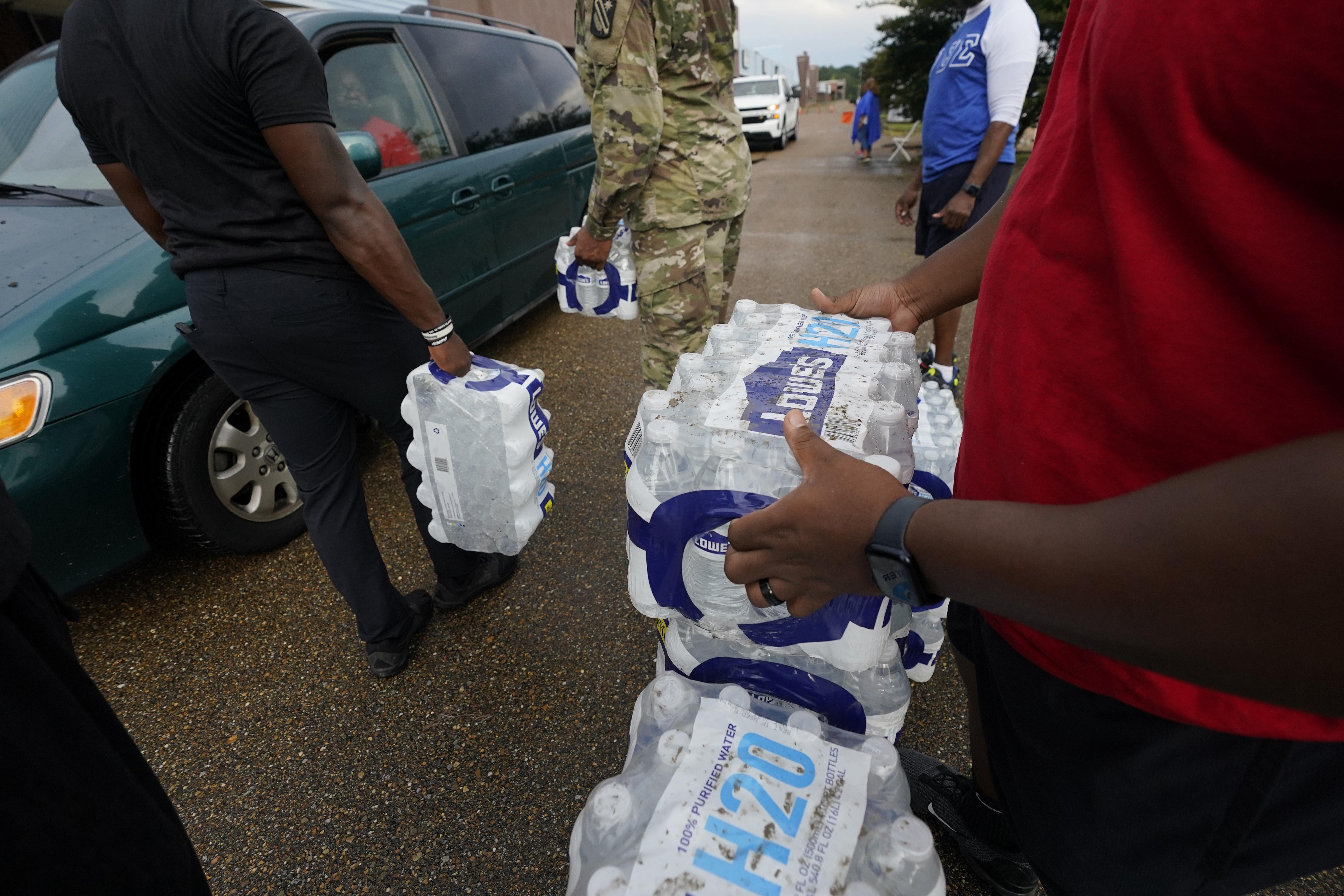The report from the Environmental Protection Agency's Office of Inspector General found that the state health department failed to enforce the Safe Drinking Water Act in Jackson. During annual sanitary surveys of the city's water system between 2015 and 2021, health officials also failed to properly document problems and sometimes did not tell the city about them at all.
In a podcast released alongside the report, Morgan Collier, an evaluator in the inspector general's office who was in charge of the report, said that health department surveys were a missed opportunity for the agency to help the city.
"The sanitary surveys, instead of bringing deficiencies to light, obscured some of Jackson's long-standing challenges, allowing these challenges to compound over time, which ultimately contributed to the system's failure." Collier said.
Another issue identified in the report is that the health department had no procedure for getting problems found during multiple surveys resolved. These problems compounded, leading to major structural issues like the water system experiencing over 7,000 line breaks from 2017 through 2021. Collier says this created real health risks for Jackson residents.
"Line breaks can cause a loss of water pressure, which can cause contaminants to enter the water system," Collier said. "This means that Jackson residents were at risk of being exposed to harmful bacteria; parasites; viruses; or pathogens such as E. coli."
According to the report, the EPA and Jackson remained unaware of significant issues with the system because those issues fell below the threshold of what the state has to report to the EPA. A spokesperson for Mississippi Department of Health did not respond to a request for comment on the report.





